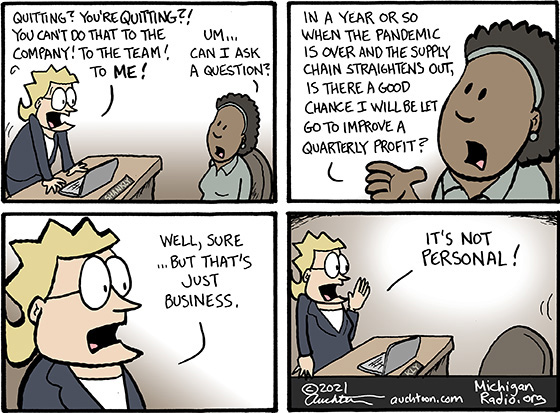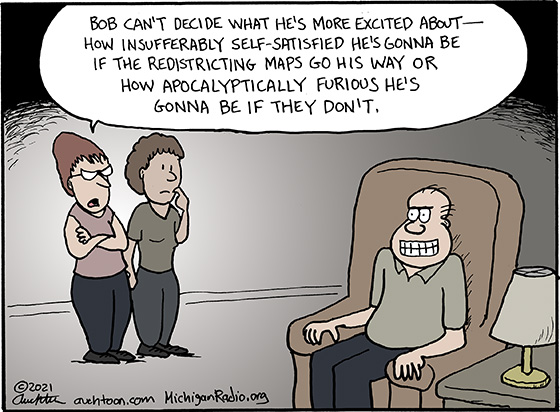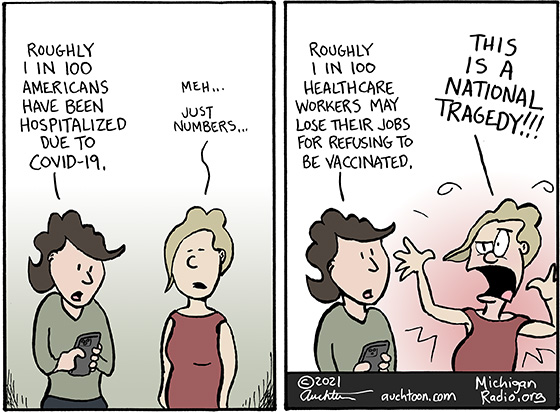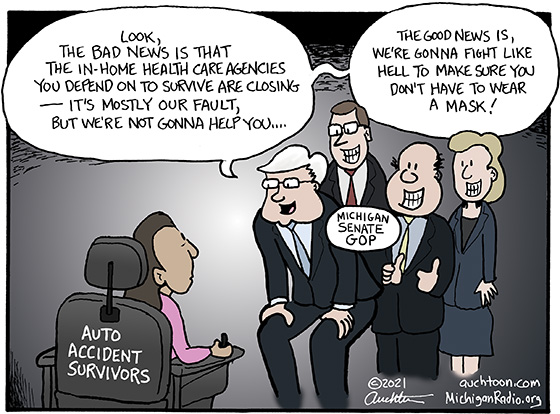The Big Game
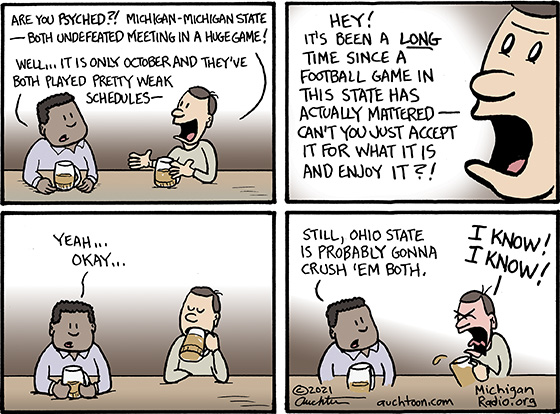
I have casually mentioned to certain friends and family over the past few years that I think Michigan and Michigan State should drop their football programs. It’s a relatively easy thing for me to say — I’m a Michigan Tech grad, so I’m not invested in either program. I do like football, though. I loved playing it and enjoy watching it. I’ll definitely be watching the game this Saturday. But I just don’t see football, especially college football, as a good long-term investment.
My reasoning: (1) It’s a fundamentally unsafe sport. We have made it safer, but we’ll never make it safe. Less and less parents are willing to let their kids play. Less kids want to play. It will never be as popular as it once was. (2) Michigan and Michigan State will likely never win a national championship. They’ll never make the “total war” level of commitment that the entire society around a, say, Alabama is willing to make. So why not get out now?
Well, money, tradition, and money. Those are the big reasons. Not insignificant, those. (Yes, I know I mentioned money twice.) So instead, how about this: Let the Southeastern Conference, Ohio State, Clemson, and presumably all colleges in Texas and Florida form their own super division just for football. We’ll call it the “NFL Feeder Division.” They’ll play a 20-game schedule to determine the seeding for a 32-team playoff. The season will start in July and the winner would be crowned the true national champion in February. School would be optional.
All the other Division 1 programs (including Michigan and Michigan State) would go back to traditional college football — student-athlete teams playing rival schools geographically nearby with conference champions squaring off in bowl games on New Year’s Day. What do you think?
